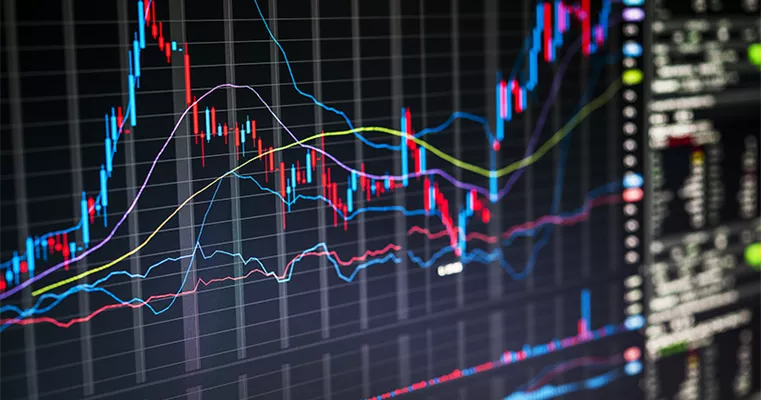The foreign exchange (forex) market is the world’s largest financial market, with daily trading volumes exceeding $6 trillion. This vast market offers opportunities for investors to profit from currency fluctuations. If you’re considering entering the world of forex trading, this guide will provide you with a comprehensive overview to get started.
Understanding Forex Trading
Forex trading involves buying one currency and selling another simultaneously, aiming to profit from changes in exchange rates. Currencies are traded in pairs, such as EUR/USD (Euro/US Dollar) or GBP/JPY (British Pound/Japanese Yen). The first currency in the pair is the base currency, and the second is the quote currency. The exchange rate indicates how much of the quoted currency is needed to purchase one unit of the base currency.
Key Concepts in Forex Trading
Before diving into forex trading, it’s essential to understand some fundamental concepts:
-
Currency Pairs: Currencies are traded in pairs. For example, in the EUR/USD pair, the Euro is the base currency, and the US Dollar is the quote currency.
-
Pips: A pip (percentage in point) is the smallest price movement in a currency pair. It’s typically 0.0001 for most pairs.
-
Leverage: Leverage allows traders to control a large position with a smaller amount of capital. While it can amplify profits, it also increases potential losses.
-
Lot Size: A standard lot in forex trading is 100,000 units of the base currency. There are also mini lots (10,000 units) and micro lots (1,000 units).
-
Spread: The spread is the difference between the buying and selling price of a currency pair. It’s essentially the broker’s fee for facilitating the trade.
Steps to Start Forex Trading as a Beginner
-
Educate Yourself: Invest time in learning about forex markets, trading strategies, and risk management. Utilize online resources, courses, and tutorials to build a solid foundation.
-
Choose a Reliable Forex Broker: Selecting a reputable broker is crucial. Look for brokers regulated by recognized financial authorities, offer user-friendly platforms, and competitive spreads, and provide educational resources.
-
Open a Trading Account: Once you’ve chosen a broker, open a trading account. Many brokers offer demo accounts, allowing you to practice trading without risking real money.
-
Develop a Trading Plan: Create a plan that outlines your trading goals, risk tolerance, and strategies. A well-defined plan helps maintain discipline and focus.
-
Start with a Demo Account: Before trading with real money, practice with a demo account to familiarize yourself with the trading platform and test your strategies.
-
Implement Risk Management Strategies: Use tools like stop-loss orders to limit potential losses. Never risk more than you can afford to lose on a single trade.
-
Stay Informed: Keep abreast of economic news, geopolitical events, and market analyses that can influence currency movements.
-
Start Small and Be Patient: Begin with small trades to manage risk effectively. Understand that forex trading is a marathon, not a sprint, and success comes with experience and continuous learning.
Common Mistakes to Avoid
-
Overleveraging: Using excessive leverage can lead to significant losses. Always use leverage cautiously.
-
Lack of a Trading Plan: Trading without a plan can lead to emotional decisions and inconsistent results.
-
Ignoring Risk Management: Not using stop-loss orders or risking too much on a single trade can be detrimental.
-
Chasing Losses: Trying to recover losses by taking higher risks often leads to greater losses.
-
Neglecting Continuous Learning: The forex market is dynamic. Failing to adapt and learn can result in missed opportunities.
Conclusion
Embarking on a forex trading journey requires education, careful planning, and disciplined execution. By understanding the basics, choosing a reputable broker, developing a solid trading plan, and practicing sound risk management, you can navigate the forex market with confidence. Remember, success in forex trading doesn’t come overnight. It’s a continuous learning process that demands patience, resilience, and adaptability.
Related Topics:


